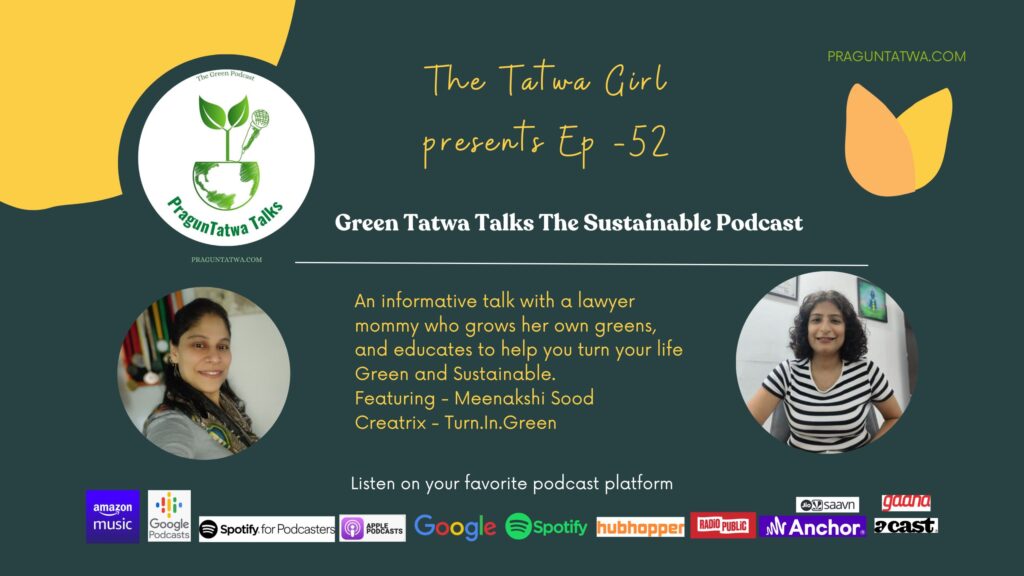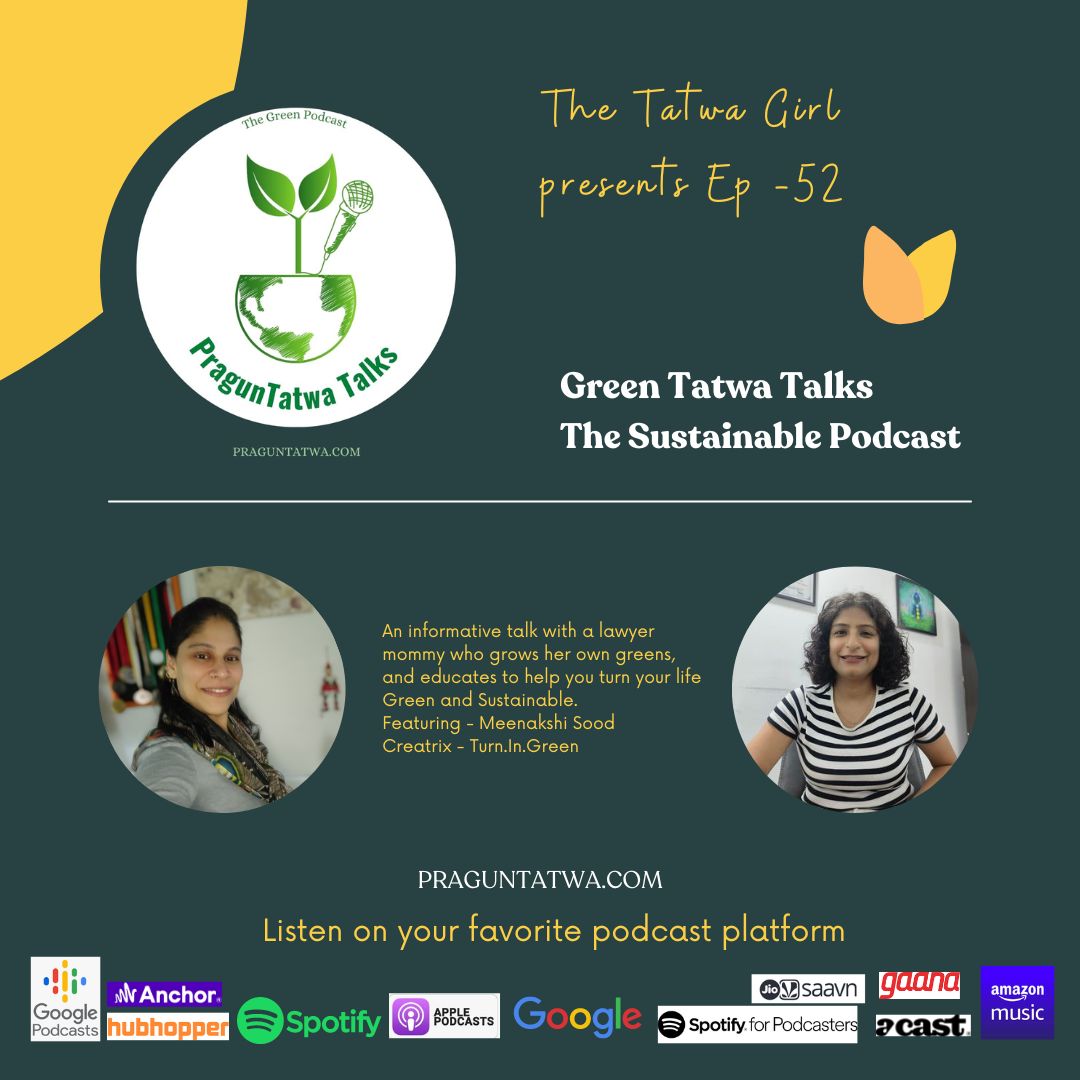“If a healthy soil is full of death, it is also full of life: worms, fungi, microorganisms of all kinds … Given only the health of the soil, nothing that dies is dead for very long.”
– Wendell Berry
The benefits of composting are undeniable. This natural process improves soil health and promotes plant growth, reduces waste, saves money, and lessens our carbon footprint. By debunking common misconceptions and understanding the benefits of composting, more people can adopt this sustainable practice and contribute to a healthier planet. So, gather your food scraps and yard waste, and start composting today!
Living a sustainable lifestyle at home involves making choices that minimize your environmental impact and promote the conservation of resources. Here are some practical ways to incorporate sustainability into your daily life at home:
Energy Efficiency
- Use Energy-Efficient Appliances: Choose appliances with high energy efficiency ratings. Look for the Energy Star label or similar certifications.
- LED Lighting: Replace incandescent bulbs with LED bulbs, which use less energy and last longer.
- Unplug Devices: Unplug electronics and chargers when not in use, as they can draw power even when turned off.
- Smart Thermostats: Install a programmable thermostat to optimize heating and cooling based on your schedule.
Water Conservation
- Fix Leaks: Repair any leaks in faucets, showers, and toilets to prevent water waste.
- Low-Flow Fixtures: Install low-flow showerheads and faucets to reduce water consumption.
- Efficient Landscaping: Use native plants that require less water, and consider xeriscaping for a water-efficient garden.
Waste Reduction
- Reduce, Reuse, Recycle: Follow the 3 Rs. Reduce consumption, reuse items when possible, and recycle materials like paper, glass, and plastic.
- Composting: Start composting kitchen scraps and yard waste to reduce landfill waste and create nutrient-rich soil for gardening.
- Buy in Bulk: Purchase items in bulk to reduce packaging waste.
Sustainable Food Choices
- Local and Seasonal Produce: Buy local and seasonal fruits and vegetables to support local farmers and reduce the carbon footprint associated with transportation.
- Reduce Meat Consumption: Consider incorporating more plant-based meals into your diet, as meat production has a higher environmental impact.
- Organic and Fair Trade: Choose organic and fair-trade products when possible to support sustainable and ethical farming practices.
Transportation
- Carpooling and Public Transport: Use public transportation, carpool, or bike to reduce your carbon footprint.
- Electric Vehicles: If possible, consider using an electric or hybrid vehicle.
Home Design and Materials
- Sustainable Building Materials: Use eco-friendly materials like bamboo, reclaimed wood, or recycled metal for home projects.
- Insulation: Properly insulate your home to reduce energy consumption for heating and cooling.
Conscious Consumerism
- Buy Quality Over Quantity: Choose durable, long-lasting products instead of disposable ones.
- Support Sustainable Brands: Purchase from companies committed to sustainable and ethical practices.
Incorporating these practices can significantly reduce your environmental impact and contribute to a healthier planet.
Green Tatwa Talks
In this episode of Green Tatwa Talks, I am conversing with Meenakshi Sood, an independent practicing lawyer, and Creatrix of Turn. In.Green.
Besides composting, Meenakshi does many things like making handwash liquids & bathing soaps. She is also into segregating dry & wet waste, making bio enzymes & trying every bit to live a minimum-waste lifestyle. Her composting journey started during COVID-19 & has never looked back ever since. Composting taught her that we can easily adapt to such habits in our daily lives which are sustainable. She understood that we could make our natural fertilizer from organic waste so she started by setting up her DIY compost bin & because she wanted to grow her veggies, she started composting. She has also been Featured in Happiest Health magazine.
Tune in and join #TheTatwaGirl and listen to Meenakshi Sood’s journey on your favorite platform.
Listen to the episode on –
YouTube
Spotify
Apple Podcast
Google Podcast
Hubhopper
Spotify For Podcasters
YouTube Music
JioSaavn
Radio Public
Gaana
Acast
Pocket Cast
Radio Public

“The ground’s generosity takes in our compost and grows beauty! Try to be more like the ground.” — Rumi
Sustainability With Prachi
In addition, Along with Eco-friendly discussions, I even share Positive stories of people bringing beautiful change to this world.
Being Eco-Friendly is not a choice, make it a habit.
Without a doubt, sustainability is easier than you think. You don’t have to jump in by changing everything, start small to make the changes more eco-friendly, sustainable and a part of your daily life.

Leave a Reply